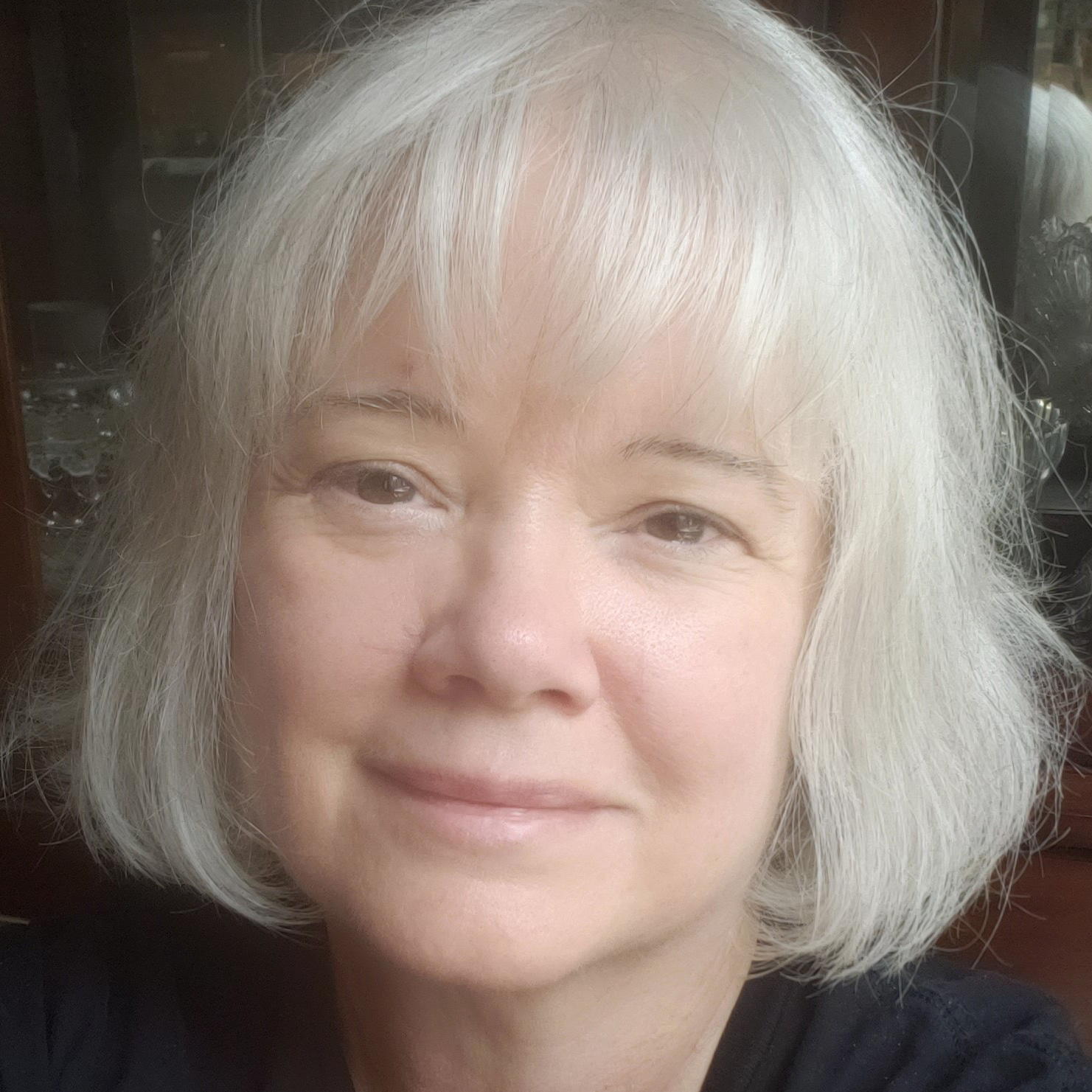"Finding Home" is now available on Amazon.
Shaping Culture: How Artists and Writers Influence Societal Norms
As we navigate the various stages of life, many of us find ourselves reflecting on the world around us and the forces that shape it. One of the most powerful influences on our society comes from creative individuals—artists, writers, and musicians. These creatives play a crucial role in shaping cultural values and societal norms through their work. Let’s explore how these talented individuals impact our world.
The Power of Art
Art has always been a mirror of society, reflecting its values, struggles, and aspirations. Artists have the unique ability to capture the essence of their time, highlighting both the beauty and the flaws of the world they live in. Through their paintings, sculptures, and other visual arts, they can provoke thought, evoke emotions, and inspire change.
Consider the impact of iconic artworks like Picasso’s “Guernica,” which brought global attention to the horrors of war, or Norman Rockwell’s “The Problem We All Live With,” which highlighted the struggles of desegregation in the United States. These works didn’t just capture moments in history; they also influenced public opinion and encouraged societal progress.
The Influence of Literature
Writers, too, have a profound impact on societal norms. Through their stories, poems, and essays, they can challenge prevailing ideas, introduce new perspectives, and inspire readers to think more deeply about the world around them. Literature allows for the exploration of complex themes such as identity, justice, and morality in ways that can resonate with readers on a personal level.
Books like Harper Lee’s “To Kill a Mockingbird” have played significant roles in shaping societal attitudes toward race and justice. George Orwell’s “1984” continues to influence discussions about government surveillance and personal freedom. These literary works not only reflect societal issues but also shape the way we understand and address them.
The Role of Music
Music is another powerful tool for cultural expression and influence. Musicians often use their platforms to comment on social issues, advocate for change, and unite people through shared experiences. From protest songs of the 1960s civil rights movement to contemporary anthems addressing issues like climate change and equality, music has the power to inspire and mobilize.
Bob Dylan’s “The Times They Are A-Changin'” became an anthem for change during the 1960s, while more recent artists like Beyoncé use their music to address issues of race, gender, and empowerment. Music’s universal appeal allows it to cross cultural boundaries and reach a wide audience, making it a potent force for social influence.
The Ripple Effect of Creativity
The influence of creative individuals extends beyond their immediate audiences. Their work can spark conversations, influence other artists, and even shape policy and public opinion. When an artist challenges societal norms, they pave the way for others to think differently and question the status quo. This ripple effect can lead to significant cultural shifts over time.
Conclusion
As we reflect on the role of artists, writers, and musicians in shaping our culture, it’s clear that their contributions are invaluable. They not only entertain and inspire us but also challenge us to think critically about the world we live in. By pushing boundaries and exploring new ideas, creative individuals help to shape the cultural values and societal norms that define our communities.
Appreciating the impact of these creatives can enrich our understanding of the world and inspire us to continue engaging with the arts. Whether through visiting museums, reading thought-provoking literature, or enjoying music that speaks to our hearts, we can all continue to be influenced and inspired by the creative forces that shape our society.
Allow this Muse to inspire your next creative work.
Source: OpenAI. (2024). ChatGPT (4o) [Large language model]. https://chatgpt.com

